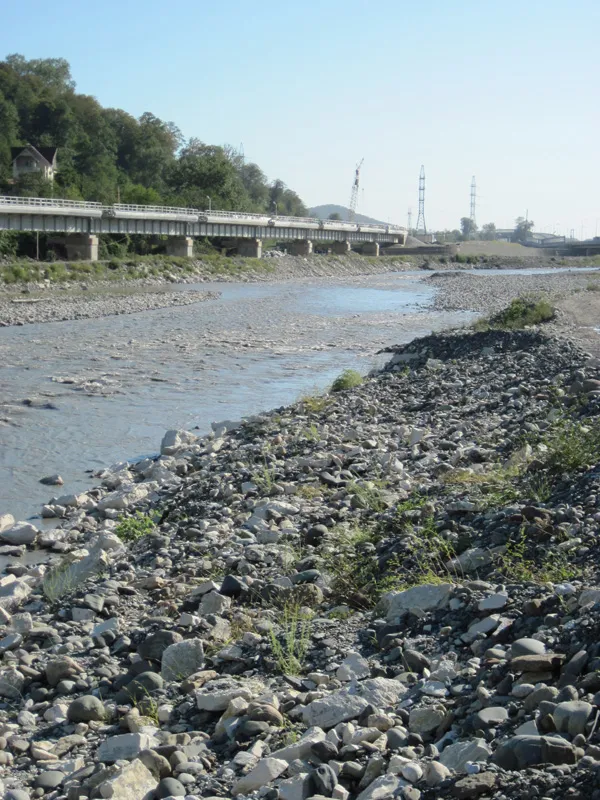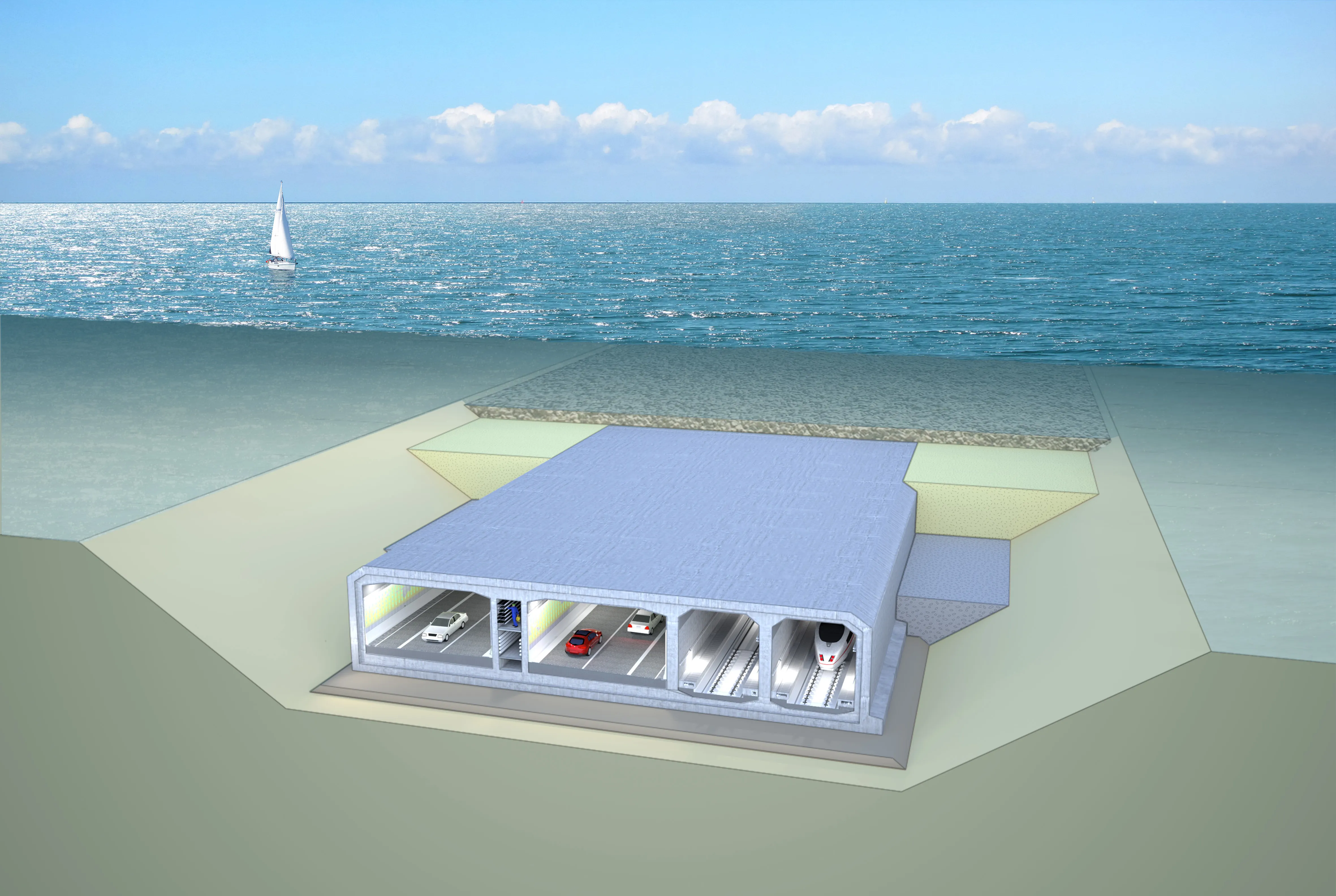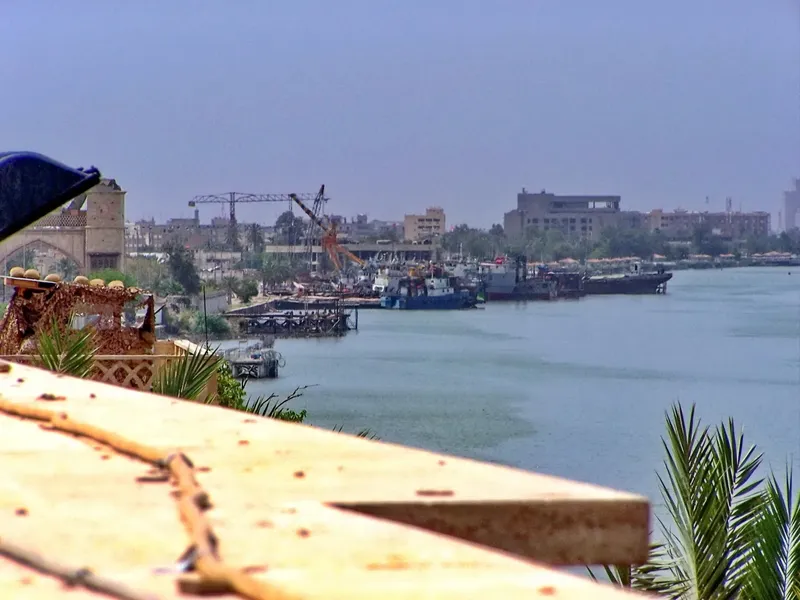
Russia has now started building a 2,000km section of a new transcontinental route, which will connect China and the EU. According to senior officials from the Russian Ministry of Transport, which is implementing the project, the new road, will be known as the Meridian and will stretch through the Russian territory that borders with Kazakhstan and Belarus. This route forms the Russian stretch of the new Silk Road project, a key component in China’s Belt & Road initiative.
The Meridian highway will run from the Sagarchin crossing point on the border of Russia and Kazakhstan to the border of Russia and Belarus, according to recent statements made by the Russian deputy transport minister Yevgeny Dietrich. Construction has already started on the route in the area around the Sagarchin border crossing point between Kazakhstan and Russia. This is located in the Akbulaksky District, Orenburg Oblast, Russia.
The project is being carried out by the Russian investment holding LLC Meridian, which was registered in 2013. Among its co-owners are the well-known Russian businessmen Alexander Ryazanov and Roman Nesterenko. Ryazanov was deputy chairman of Gazprom and now is a board member of the Russian railway monopoly RZD. The route will be a toll road, which will be designed primarily for the transportation of goods, with a high percentage of the loads being transit cargo. The new road will be a key trade route as it will form part of the Russia-Western China highway, the overall length of which will be an impressive 8,445km long.
Financial details of the project have not so far been disclosed officially. However, according to some sources close to LLC Meridian, the volume of investments in the project is estimated at RUB 594 billion (US$10 billion). All the funds to build the road will be provided by private sources. There is also a possibility that part of the funds may be provided by private banks, both Russian and foreign. Financing from the Middle East and from China may well play a role in the highway project, although Russian sources seem likely to be the major sources of funding.
In order to simplify the financing process, the construction of the highway will be divided into several stages. Carrying out the first stage of the project is expected to cost 120 billion rubles. Meanwhile, the work to construct the first sections of the road is intended to be financed primarily through the issue of bonds.
Dietrich said that around 80% of land plots required for the construction of the road have already been purchased by Meridian. He also added that the Russian Ministry of Transport will support the construction of this and other toll roads in Russia.
The project is intended be implemented using special investment contracts, which are known as SPICS. These contracts are signed between private investors and the government and provide investors with stable business conditions and tax benefits, as well as the ability to transfer some of the risks to the state.
Russia’s section of the new road will feature four lanes, with two in each direction. Meanwhile the official completion of the Russian stretch of this new highway is scheduled for 2020.
For the entire transcontinental road, the route will start in China, passing through Kazakhstan and Russia, and finally entering Belarus close to Smolensk. Once constructed, the route will also take advantage of existing highways and will link the German port of Hamburg with the Chinese port of Shanghai at either end.
The idea of building the Russian stretch of road was proposed by the
According to Russian Minister of Transport Maxim Sokolov, the new road will be designed to allow vehicles to travel at an average speed of 110km/h.
According to initiators of the project, the new road will significantly reduce cargo delivery times - in both directions - between China and Europe.
According to calculations from the Russian Ministry of Transport, thanks to the new road, cargo transportation between the two continents will not exceed 11 days, which is almost by three times faster than at present. In addition, this will also be significantly faster than sea transportations from China to Europe, which are currently estimated at about 45 days. It is expected that the use of the new road will be particularly beneficial for the manufacturers of industrial and perishable goods. The new road will also help to redirect cargo on the Asia-Europe direction from the Suez Canal and the Northern Sea Route, as well as the Trans-Siberian Railway.









